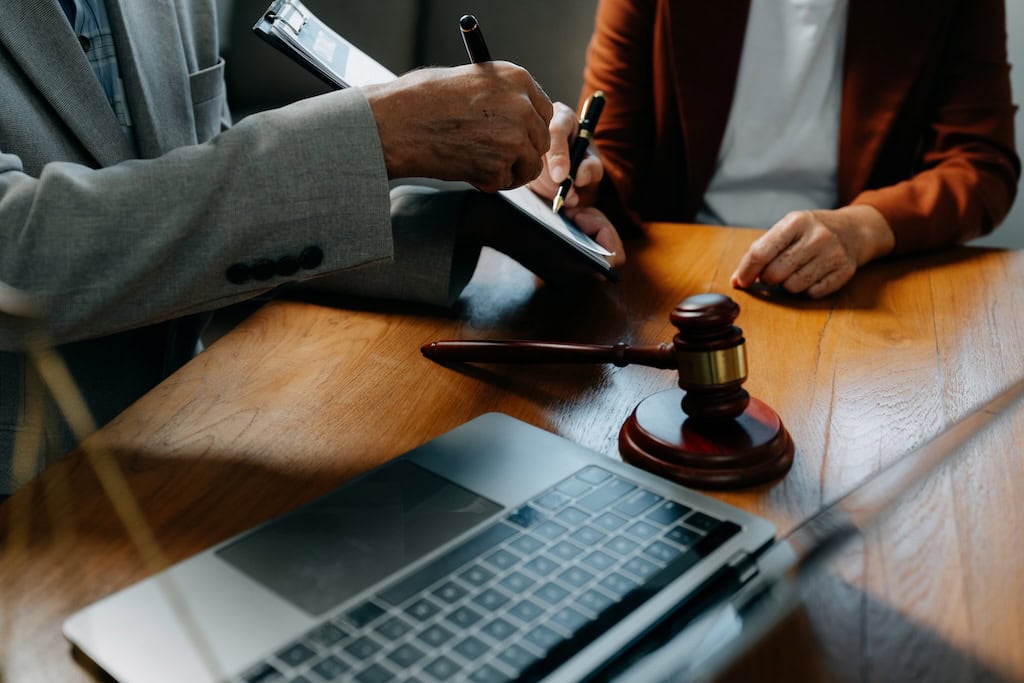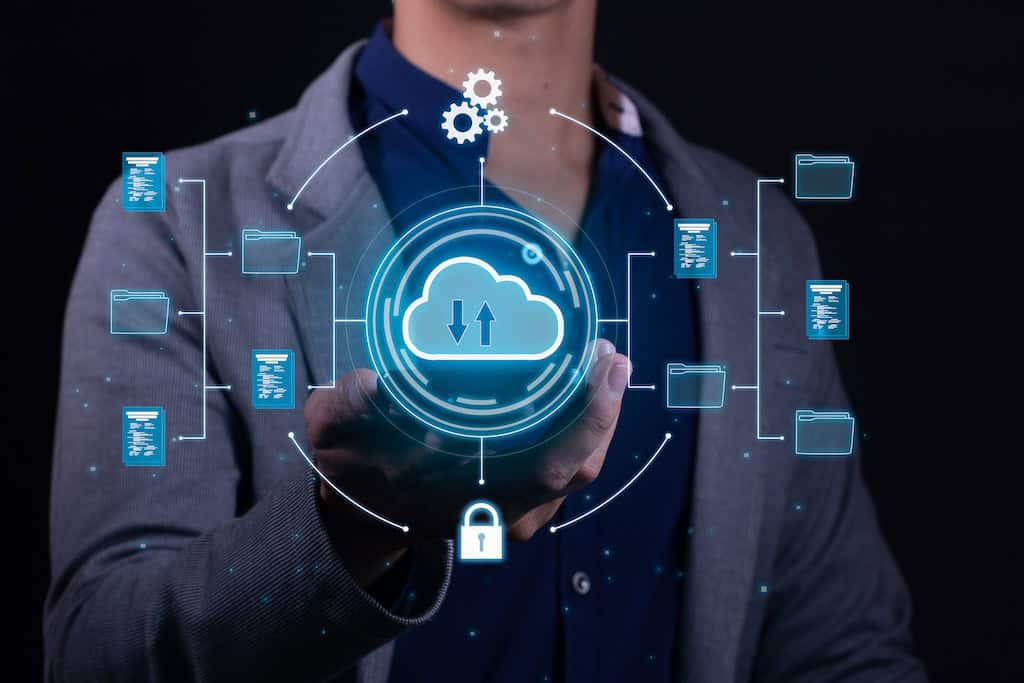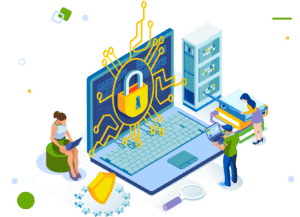The Most Common HIPAA Violations Lawyers Must Avoid

Lawyers often find themselves handling sensitive health information as part of their practice, whether they’re managing medical malpractice cases, personal injury claims, or healthcare compliance issues. The HIPAA (Health Insurance Portability and Accountability Act) framework was designed to protect individuals’ medical data, and non-compliance can lead to severe penalties—not to mention reputational damage.
But here’s the tricky part for legal professionals: HIPAA violations often result from seemingly small oversights. These mistakes can happen while using electronic devices, communicating via email, or even during casual conversations. This blog breaks down the most common HIPAA violations lawyers need to avoid and how you can stay on the right side of compliance.
1. Unsecured Electronic Devices
How many times have you worked on sensitive client data on your personal laptop, tablet, or smartphone? While doing so might seem convenient, unsecured devices are one of the most common causes of HIPAA violations in legal practices.
Why it matters: Laptops, USB drives, and mobile devices are vulnerable to loss or theft. If these devices store or provide access to protected health information (PHI), a breach could occur.
How to avoid it:
- Use encryption to safeguard all files containing PHI.
- Enable two-factor authentication on devices accessing sensitive data.
- Implement remote wipe capabilities in case a device is lost or stolen.
- Use secured connections, such as a VPN, when working outside the office.
Remember, if a hacker gets their hands on unencrypted devices, the cost of non-compliance could include hefty fines and reputational harm.
2. Improper Disclosure of PHI
Improper disclosure isn’t always intentional. Sometimes, it can happen in subtle ways, like discussing a case in a public area or sharing PHI via unsecured communication channels.
Why it matters: HIPAA defines improper disclosure as sharing an individual’s health information without their consent, even accidentally. This could be as casual as an overheard phone conversation or as serious as emailing a client’s medical data to the wrong person.
How to avoid it:
- Never discuss PHI in public or unsecured spaces, like coffee shops or elevators.
- Double-check email addresses before sending sensitive documents.
- Implement access controls to limit who can view PHI within your team.
Tip: Be mindful of whom you’re sharing files with. Even if the intent is innocent, improperly sending PHI to unauthorized parties can quickly turn into a violation.
3. Non-Compliant Email and Communication Practices
When was the last time you sent an email with health-related details attached? Regular email platforms like Gmail or Outlook aren’t inherently HIPAA-compliant, and using them without proper safeguards can put your practice at risk.
Why it matters: PHI sent over unsecured email services can be intercepted by cybercriminals, leading to major breaches. Without the right protocols, you’re leaving sensitive client information exposed.
How to avoid it:
- Use a HIPAA-compliant email platform that encrypts messages.
- Avoid sending PHI as file attachments unless it’s absolutely necessary, and ensure they are encrypted.
- Train your staff to recognize phishing attempts designed to steal sensitive information.
A single mishandled email could lead to a costly investigation or penalties, so think twice before hitting “send.”
4. Lack of HIPAA Compliance Training for Lawyers
If your team hasn’t received HIPAA compliance training recently, you could already be at risk. Lawyers often work with paralegals, assistants, and other staff members who might not be fully aware of HIPAA’s stringent regulations.
Why it matters: One untrained team member could unintentionally commit a HIPAA violation that impacts your entire practice. Training ensures everyone understands how to handle PHI properly and reduces the likelihood of accidental errors.
How to avoid it:
- Schedule regular HIPAA compliance training for lawyers and staff.
- Integrate practical scenarios into the training to help your team understand how violations occur and what they can do to prevent them.
- Partner with IT experts like Heroic Technologies to implement secure systems and offer ongoing training.
Investing in training isn’t just about compliance; it’s about protecting your firm and maintaining your clients’ trust in your services.
Why Lawyers Can’t Ignore HIPAA Compliance
Compliance isn’t just about avoiding fines or penalties. It’s about demonstrating integrity, professionalism, and respect for client privacy. Whether you’re handling highly sensitive medical cases or simply interacting with healthcare partners, a small oversight in HIPAA compliance could have sweeping consequences.
By implementing better device security, using HIPAA-compliant communication tools, and prioritizing compliance training, you not only safeguard your practice but also position your firm as a trusted partner for healthcare-related legal matters.
Build a HIPAA-Compliant Practice with Heroic Technologies
Need help keeping your legal practice HIPAA-compliant? Contact Heroic Technologies today. From cybersecurity solutions to tailored compliance training, our IT experts are here to protect your firm’s data while streamlining your operations.
Secure your business and protect your clients. Contact Us to learn how we can help you stay ahead in a world of ever-evolving compliance standards.












